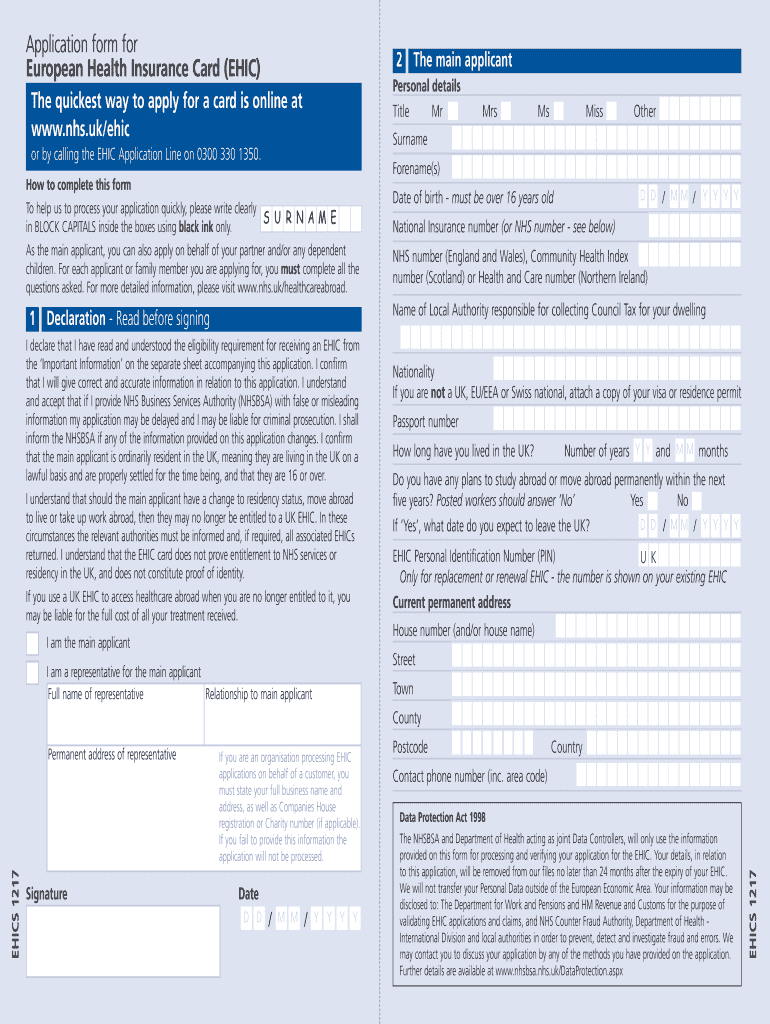
Medicaid is the government-funded insurance program that provides coverage for people with low incomes, seniors, and those with disabilities. This program offers low-income people health insurance coverage, as well as funding for nursing home care. If you or someone you love has been denied Medicaid, you can request a fair hearing. You may represent yourself at the hearing, or you can hire an attorney to speak on your behalf. Either way, you will need to write a letter outlining the issues you would like to appeal. This letter must be sent to South Carolina Department of Health and Human Services within the 10 day period following your initial rejection. The state department will review the case and determine whether you should continue receiving Medicaid benefits.
Medicaid is a government funded health insurance program for the elderly, disabled and low-income.
South Carolina Medicaid is a state-funded program that provides insurance coverage for the elderly, low-income families, and individuals with low incomes. It has a long history, and it has grown significantly since its creation in 1965. As the Federal and State governments tried to balance all factors that could affect its success, the program has undergone many changes. Medicaid, which was established in 1997, covered more than 33,000,000 people, making it the biggest health insurance program in America.
Medicaid is a government-funded insurance program that offers free health care for low-income people. To be eligible, applicants must be at least 65 years of age and meet specific requirements. The program covers up to 10% of the costs of medication and doctor appointments and covers 90% of the cost.

It pays for nursing home care
Medicaid is a federal program, which covers the cost of nursing home care for qualified individuals. In South Carolina, Medicaid pays for nursing home care through its Community Choices Waiver program. This program offers services that are similar in quality to nursing home care, while allowing residents the freedom to access services from the comfort of their own homes. These services include personal care, nursing, and therapy. In some cases, Medicaid will even pay for care provided by adult children of aged parents. These caregivers must pass background checks and can only be paid for their time.
You must meet certain criteria to determine whether you are eligible for Medicaid in South Carolina. First, you must have certain income and resources limits. The second is that you must reside in the state. You must also be at least 65 years of age and a citizen of the United States. The care you receive must meet certain requirements. You must also need the care for at most 30 days.
It has penalties for fraud
The penalties for fraud are something that you probably know about if you are a Medicaid recipient in South Carolina. Medicaid is concerned about fraud. The Medicaid fraud control unit of the South Carolina Attorney General's Office works with investigators and auditors to investigate and prosecute fraudulent claims. The attorneys in this unit are experienced in these types of cases and have a strong understanding of the laws and procedures surrounding them.
Medicaid providers in South Carolina face both criminal and administrative penalties for fraudulent behavior. This law imposes strict penalties on Medicaid providers. It covers fraud in many ways, including the misrepresentation or abuse of financial data. Additionally, Medicaid fraud penalties ensure that victims of fraud receive full restitution.

There is an appeals process
If you've been denied Medicaid services by South Carolina, there are two options: to request a fair hearing or appeal. Either you can speak for yourself or hire an advocate to represent you. Complete the request to have a fair hearing and send it to Department of Health and Human Services. After receiving the application, the hearing officer will examine it and issue a decision. It will then be mailed to the address you have provided. The decision will give you the reasons why you were denied.
First, complete the SCDHHS CR Form and attach all documentation required for review. To appeal, you have 30 days from date of denial. If you are unable or unwilling to submit the documentation required, the appeal may be denied. In such cases, you must resubmit your claim.